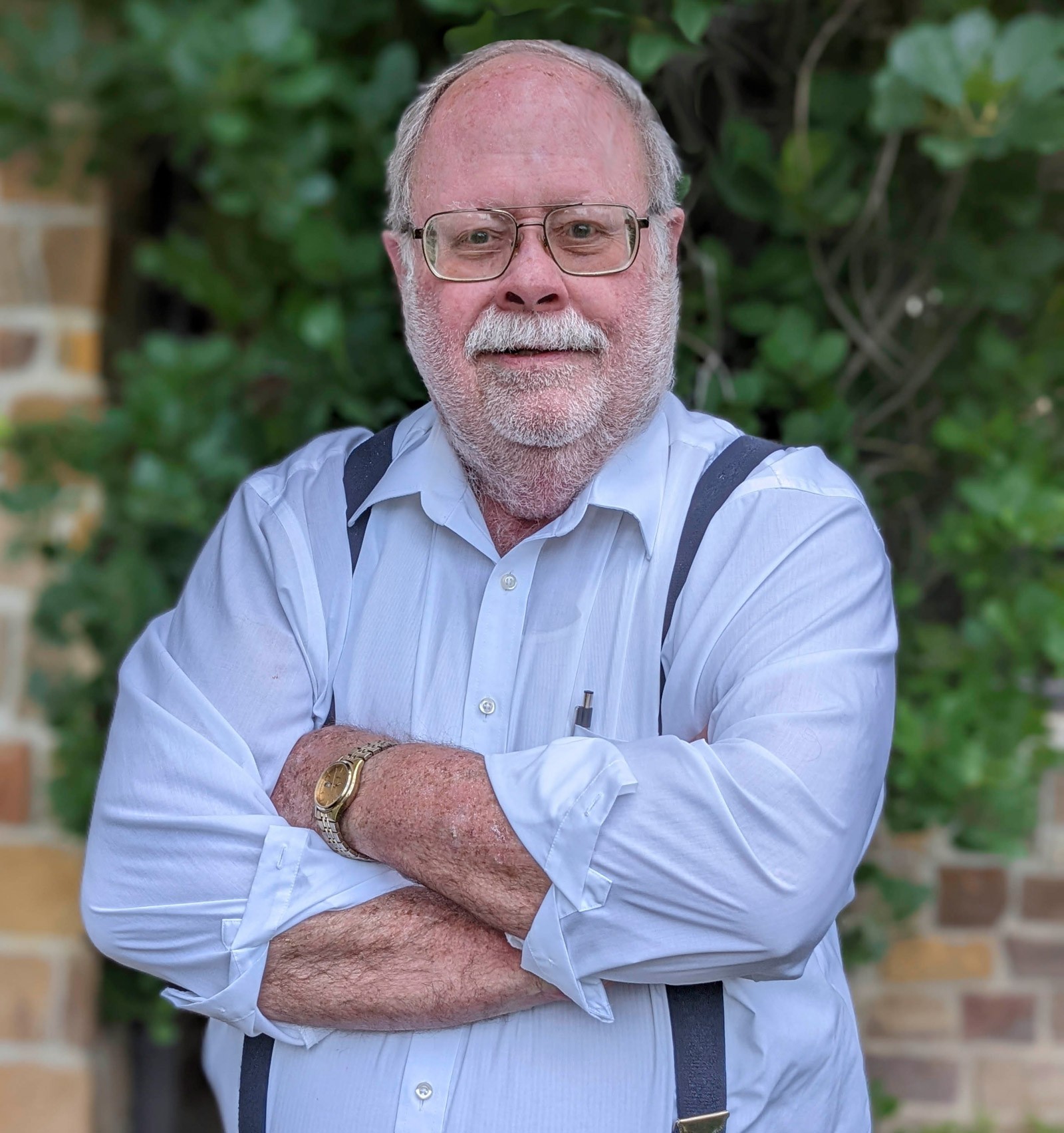The End of Invention? Research Examines Cost, Value of Innovation
By Lael Gilbert |
The cost of innovation is rising, according to Joseph Tainter, whose research connects anthropology and environmental science to understand the trajectory of complex social systems. Today it takes more people, investment and energy to develop and implement innovations now than it did just a few decades ago. (Photo Credit: Stock/Johannes Plenio)
Joe Tainter is probably fun to chat with at parties — for the past 30 years he’s studied the collapse of civilization. You’d think a conversation on that topic might run along the lines of a climate catastrophe or a meteor impacting the New York City skyline, but the eventual fate of humanity will be much less theatrically engaging, according to Tainter in a recent seminar presentation in the Quinney College of Natural Resources.
In an increasingly complex society, he said, the cost of innovation rises. It takes more people, investment and energy to research, develop and implement innovations now than it did just a few decades ago. And the cost will keep rising until some types of research are simply unproductive to pursue.
Technological optimists think that we can innovate out of problems forever, but they don’t know their history, Tainter said. You can hardly blame them — if you consider just the last few centuries of human history, it’s apparent that innovation and invention have solved some wickedly complex social and practical problems that could have doomed us otherwise. Penicillin prevented untold deaths by infection. Nitrogen fertilizers fed millions of people from increasingly fewer acres of farmland. Air conditioning and heating allowed humans to live comfortably in remarkably uninhabitable conditions across the globe.
So faith in the idea that ongoing advances in science and technology will continue to bring higher standards of living, prevent and cure diseases, and promote conservation of natural resources could be understandable.
But over time, innovation in some areas will peter out as it no longer improves our lives the way we expect it to. This won’t mean the end of our way of life but will certainly alter the pace of change, since much of the current social system banks on innovation.
Tainter and colleagues examined a database of three million patents in the U.S. and overseas and found that during the mid-1970s, it was common for a single person or small group of people to submit applications for a new patent. Since that time, the size of an average research team has increased dramatically, while the number of patents per inventor has dropped precipitously — more effort by bigger groups yielding fewer innovations. Something similar is happening in university research.
“Barring unforeseen developments, our system of innovation is heading in the direction of becoming either unproductive or unaffordable,” Tainter said. “We’ve already plucked much of the low-lying fruit in the areas of knowledge production. As research problems grow increasingly stubborn, the complexity and effort of research increases, and the result is diminishing returns on research investment.”
Our system of innovation is vulnerable to its own decline, mirroring the decline of the factors that make it possible — the cost of energy and solid returns on investments, he said.
But don’t feel too bad about it. We’ve been ingrained to think that innovation is an intrinsic trait in humanity, Tainter said. But if you consider all of human history, this wild pace of invention that’s occurred over the last century or so is an anomaly. Archeological records show that farming practices in 1000 AD changed very little from those more than three millennia earlier. There were periods of hundreds of thousands of years when humans didn’t come up with any flashy ideas at all. That’s the real norm, Tainter said.
It’s more weird that we’ve jumped from horse-and-buggy and movable-type press to jumbo jets and smart phones in the short span of a century. The arc of history will eventually bring us back to be less inventive like our ancestors, he said. But that won’t happen immediately.
Tainter is the author of The Collapse of Complex Societies and other books and research that connect anthropology, history, archeology and environmental science for a better understanding of the trajectory and consequences of complex social systems. His work has been documented in films, television programs, and in The New York Times Magazine. His latest research was presented at the QCNR Seminar Series in September.
Joseph Tainter is a professor in the Environment & Society Department of the Quinney College of Natural Resources.
WRITER
Lael Gilbert
Public Relations Specialist
Quinney College of Natural Resources
435-797-8455
lael.gilbert@usu.edu
CONTACT
Joseph Tainter
Professor
Department of Environment & Society
435-797-0842
joseph.tainter@usu.edu
TOPICS
Society 503stories Environment 263stories Technology 139storiesComments and questions regarding this article may be directed to the contact person listed on this page.









